Devin Nunes
Devin Nunes served in the U.S. House of Representatives. He represented part of California’s San Joaquin Valley, an agriculturally rich area that Nunes calls “the breadbasket of the solar system” and “a garden of Eden.” He was the Republican leader and former Chairman of the House Permanent Select Committee on Intelligence, a senior Republican on the Ways and Means Committee, and the Republican leader of the Ways and Means Health Subcommittee. One of the most prominent Republicans in America, Nunes was awarded the Presidential Medal of Freedom, America’s highest civilian honor, in 2021.
In his role on the Intelligence Committee, Nunes spent extensive time overseas working with U.S. military personnel, Central Intelligence Agency (CIA) officials, and world leaders while promoting freedom and democratic values in war zones, the Middle East, and former Communist countries. For his efforts at strengthening NATO cooperation and the security of the western alliance, he was awarded the Order of Prince Henry by the Government of Portugal and the Order of the Star of Romania by the Government of Romania.
Nunes was one of Congress’ foremost critics of the San Joaquin Valley water crisis, having exposed the disaster as a “man-made drought” caused by government decrees that force water to be dumped in the ocean and wasted. His years-long work on the issue led to President Trump signing two executive orders to restore water to the Valley.
Nunes was a vital contributor to the Republicans’ 2017 tax system overhaul, authoring a key provision to allow same-year expensing of all business investments for entrepreneurs and businesses. He also championed telemedicine to improve healthcare in underserved, rural areas.
Many Republicans and pundits regarded Nunes as the House of Representative’s preeminent investigator of government malfeasance and corruption. In early 2017 he became the first member of Congress to reveal publicly there was no intelligence or evidence to support allegations that President Trump or his associates had colluded with Russia to meddle in the 2016 presidential elections. Leading an extensive investigation that pried information from intelligence leaders, Nunes showed that corrupt federal officials had committed numerous severe abuses in their collusion investigations, causing Nunes to file multiple criminal referrals with the Department of Justice. He further discovered that it was the Democrats—not Trump associates—who had colluded with Russia, because the Democrats had funded the Steele dossier. A discredited collection of false allegations against Trump, the dossier relied on information provided by a Russian national, and the FBI was warned by its own sources that its content included Russian disinformation.
An outspoken anti-Communist, Nunes frequently denounces socialist tendencies in the Democratic Party. He is also a vehement critic of the mainstream media and Big Tech companies for suppressing conservatives and acting as a propaganda tool for the Democrats. He is the author of Countdown to Socialism, which details how the media, Democrats, and Big Tech collude to promote Democratic views, and Restoring the Republic, which proposes free-market solutions to America’s challenges.

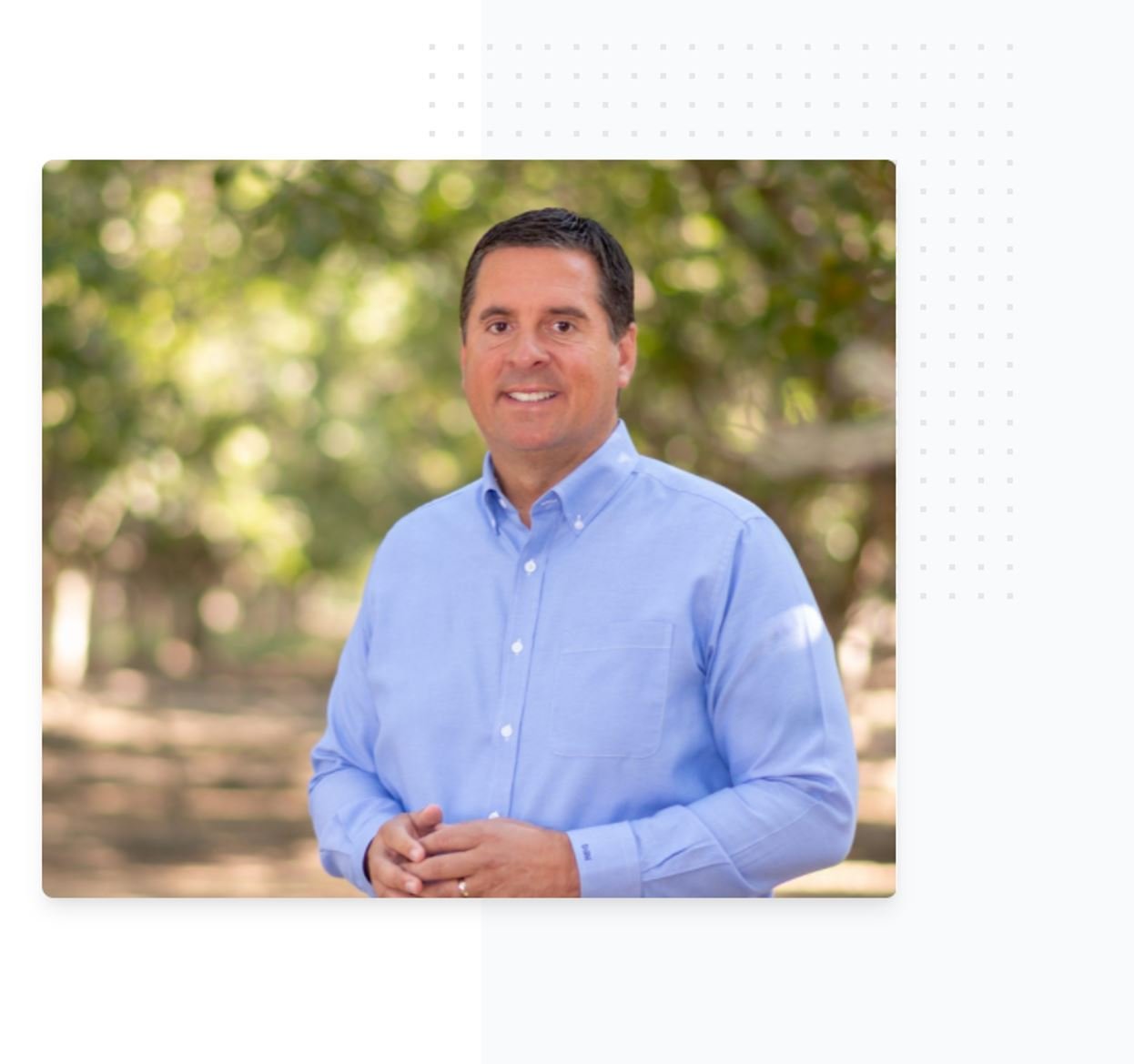
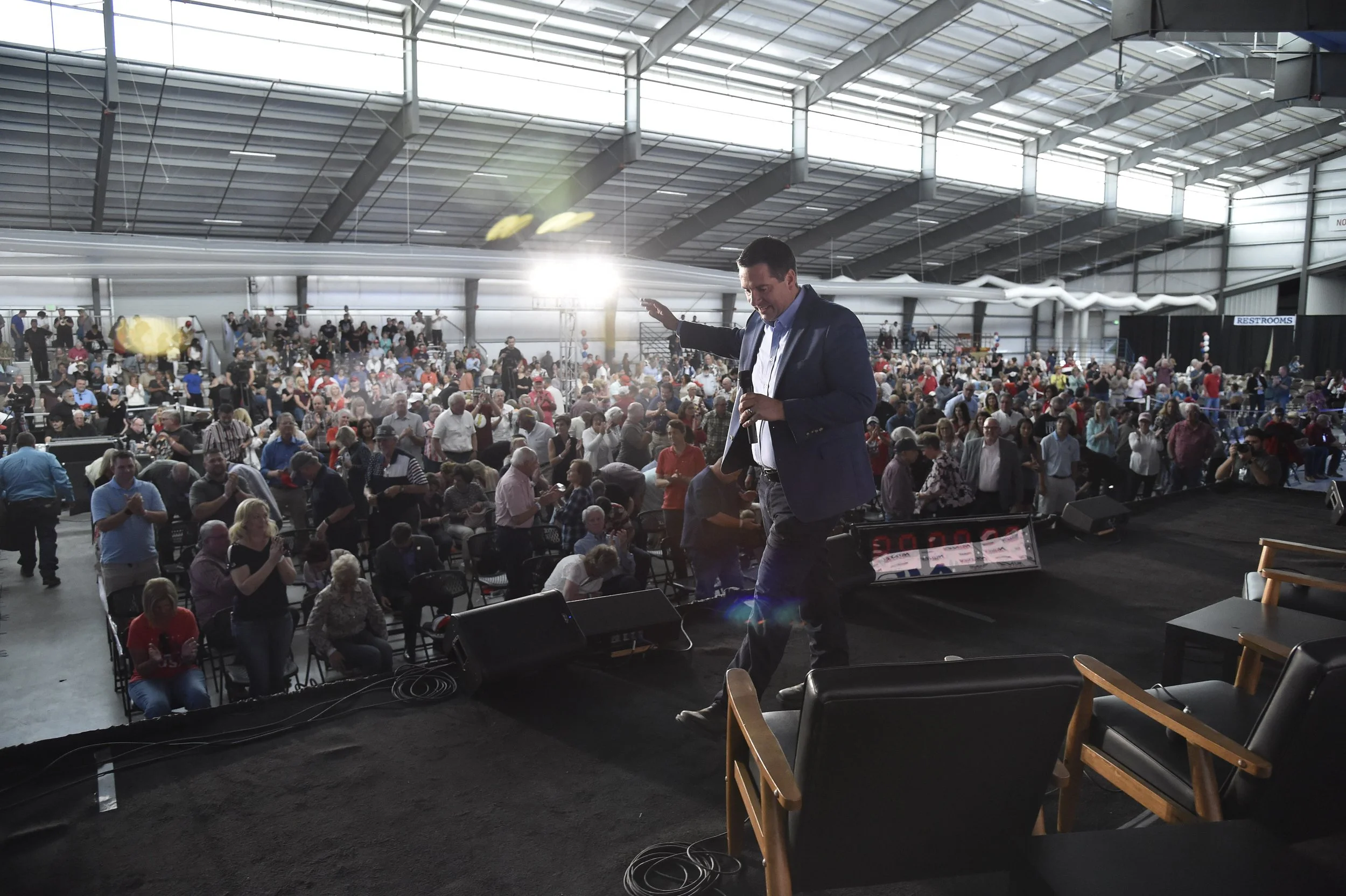
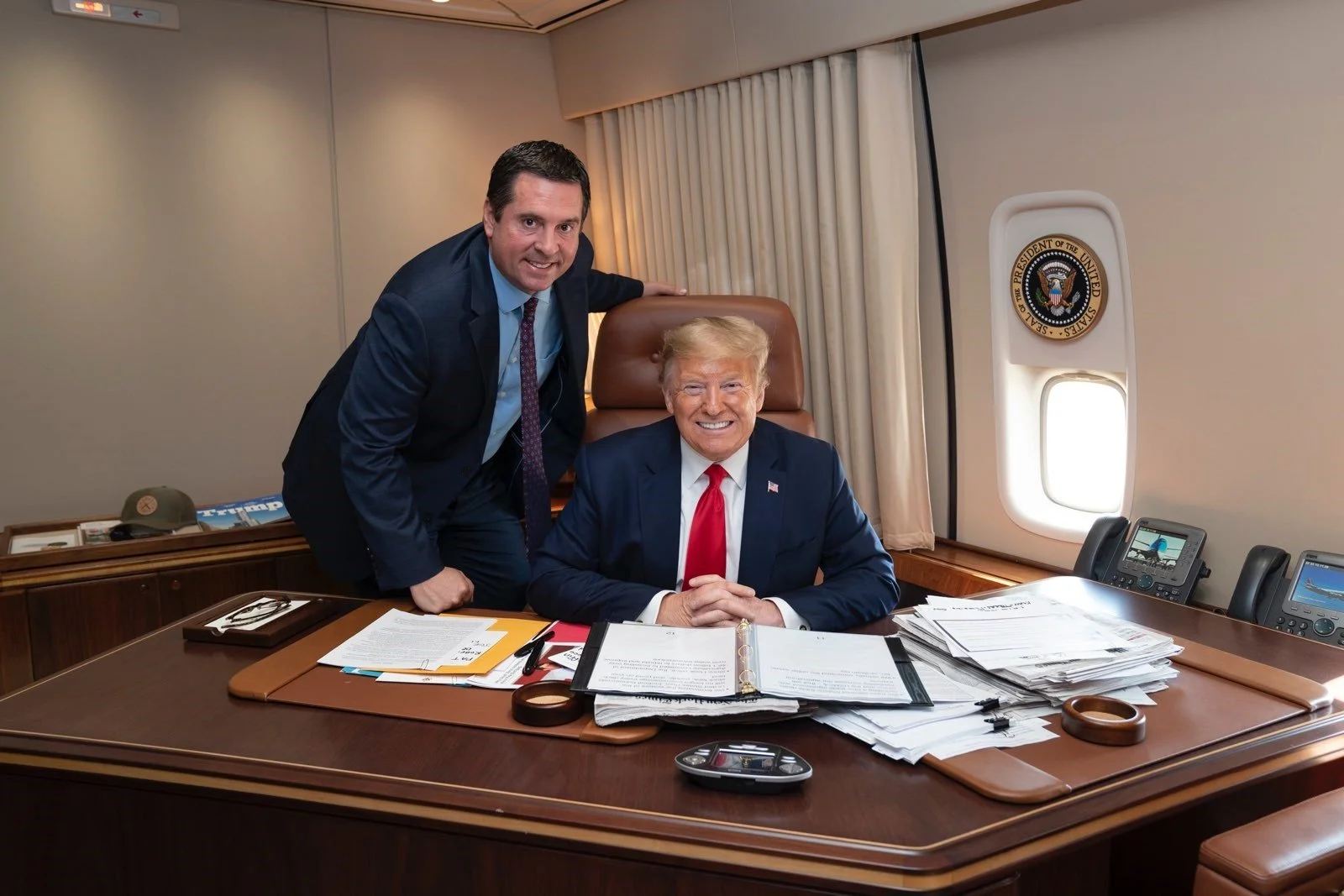
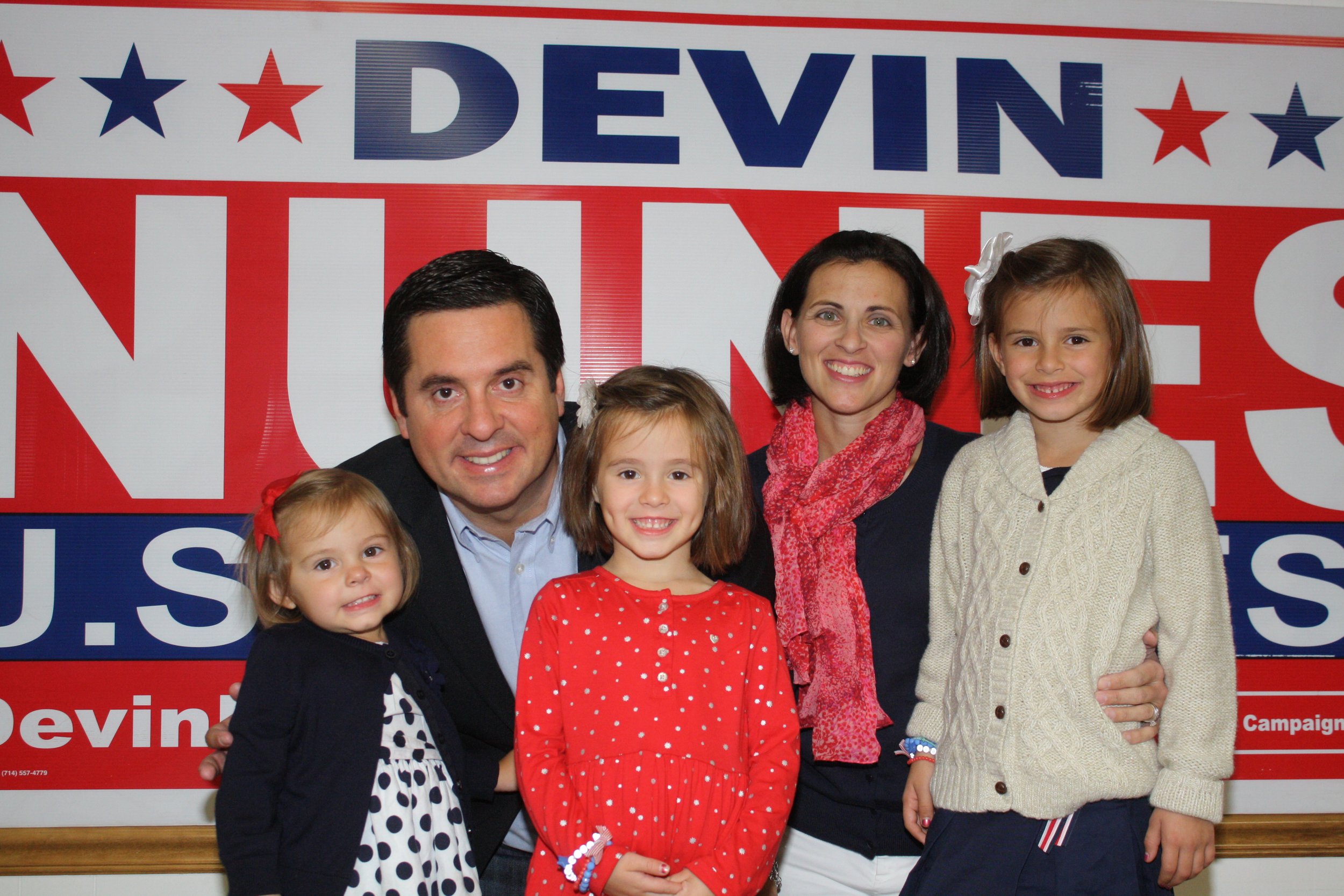

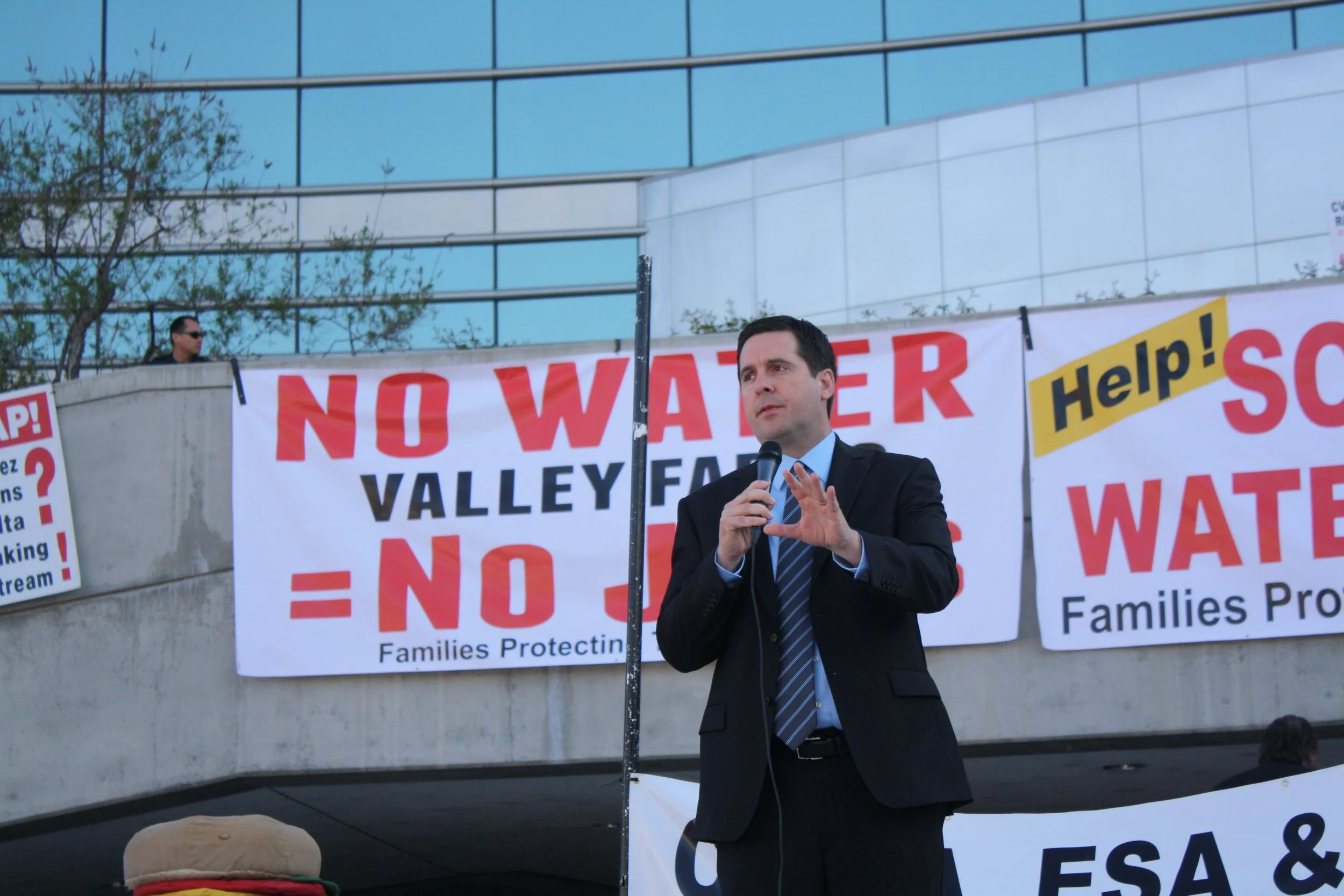
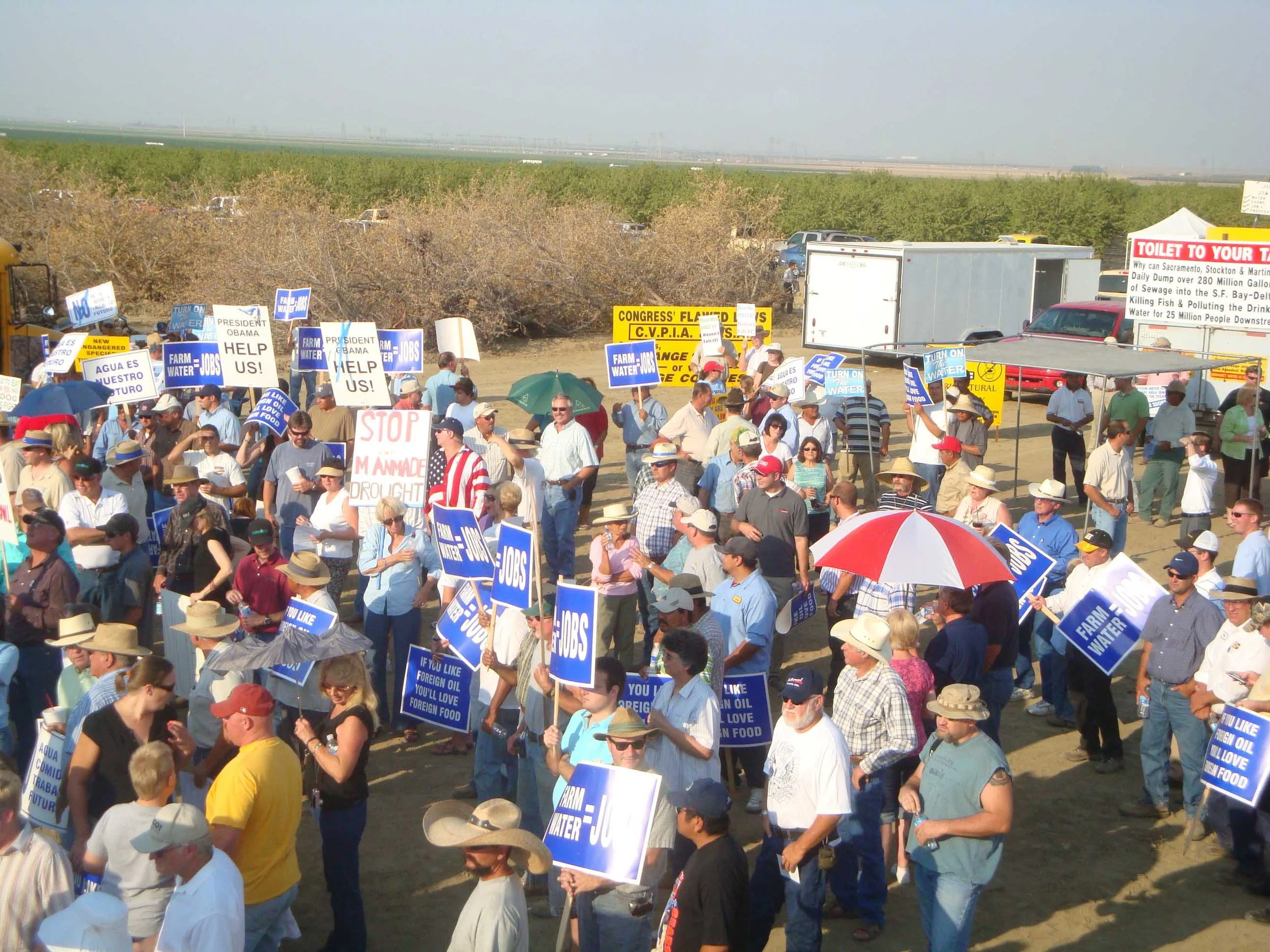


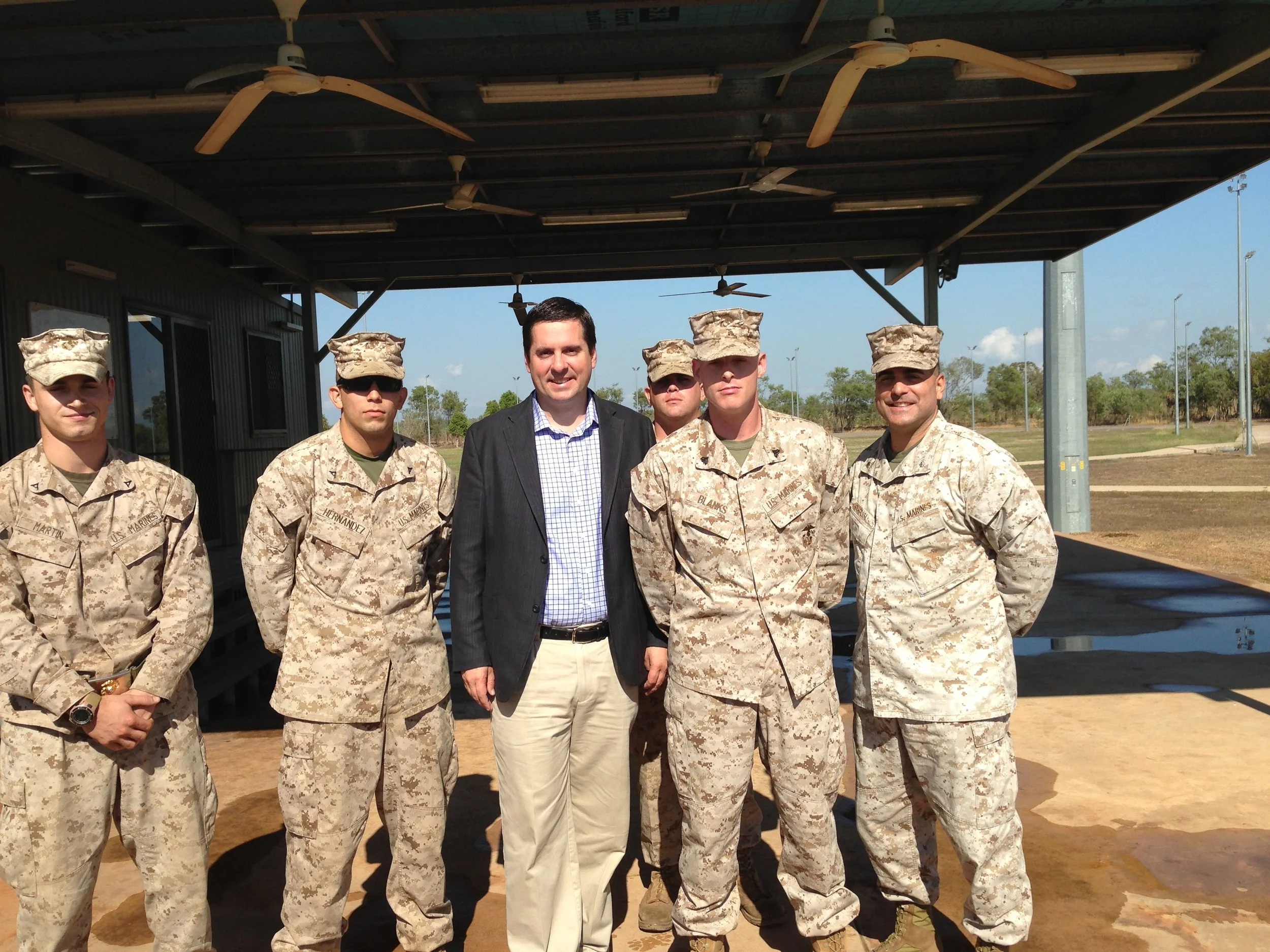
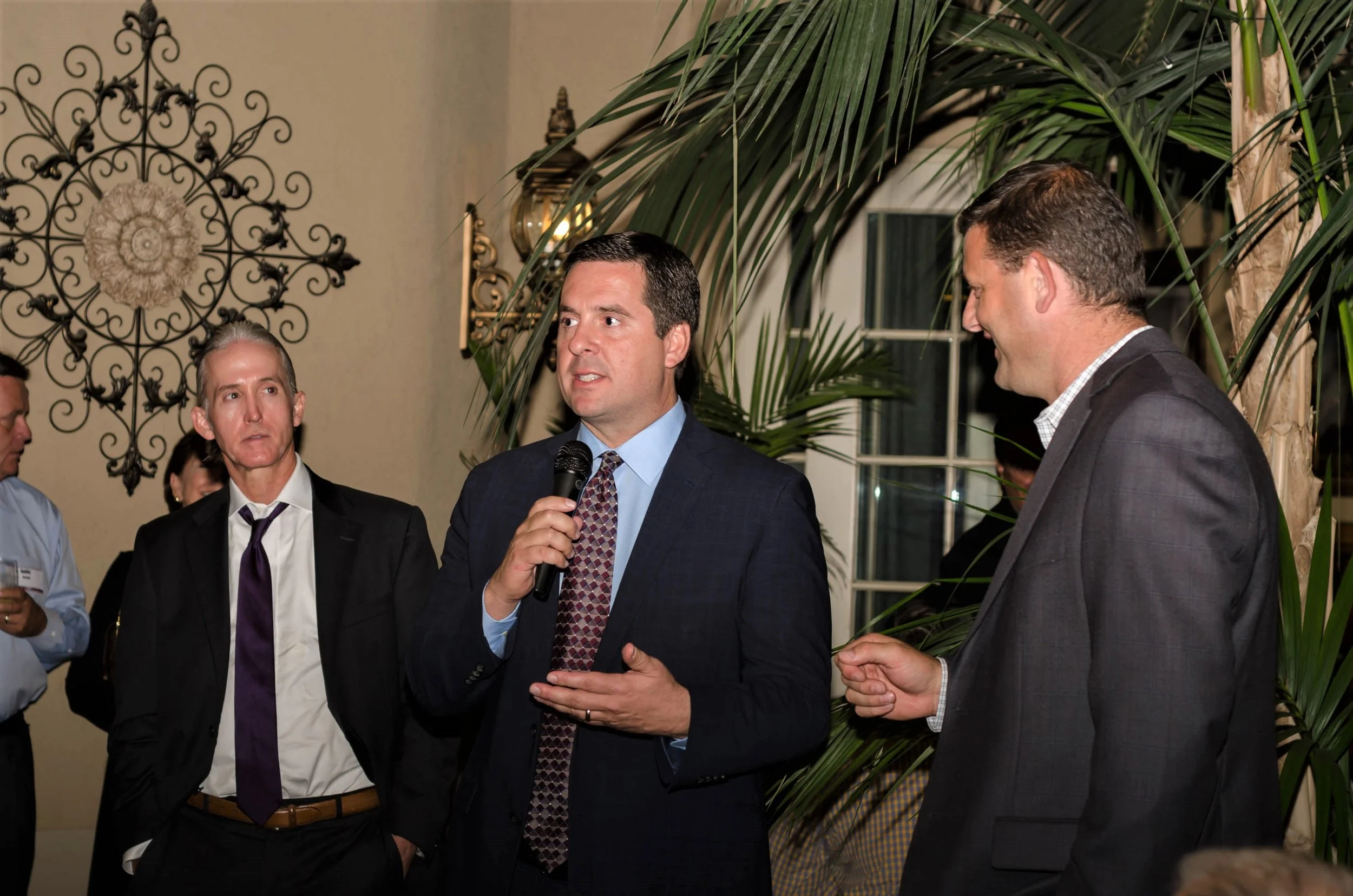
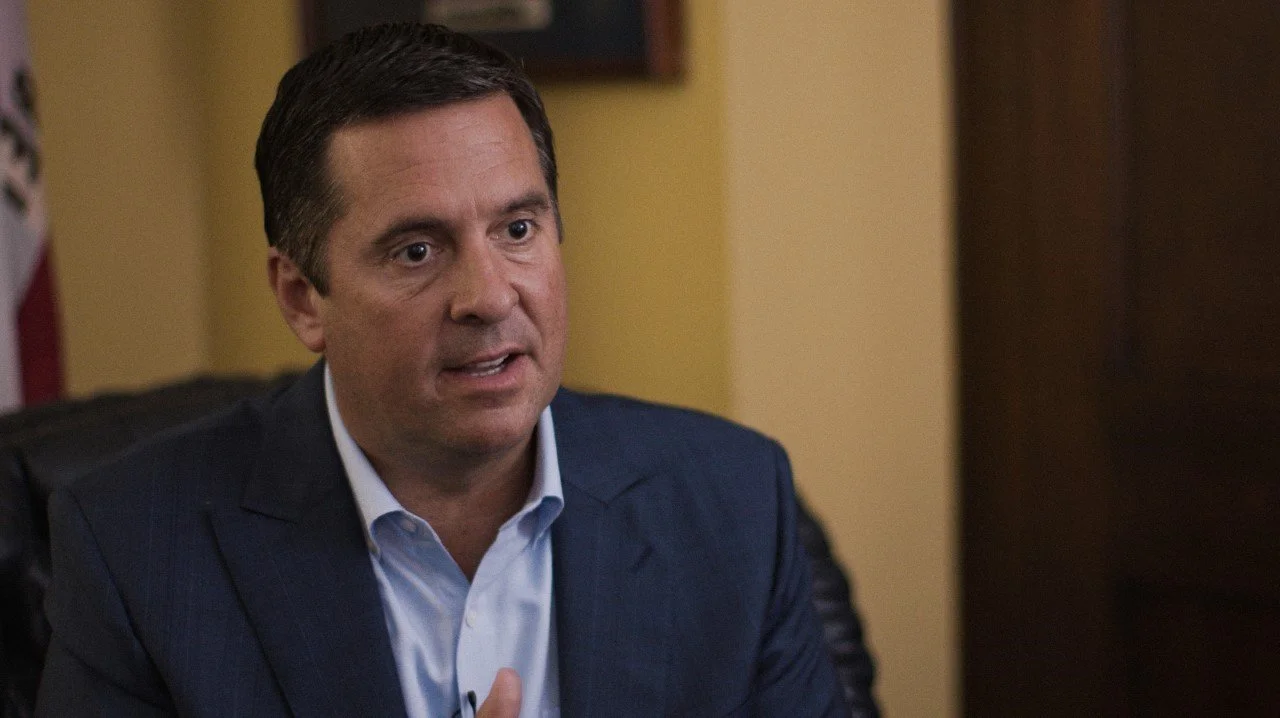
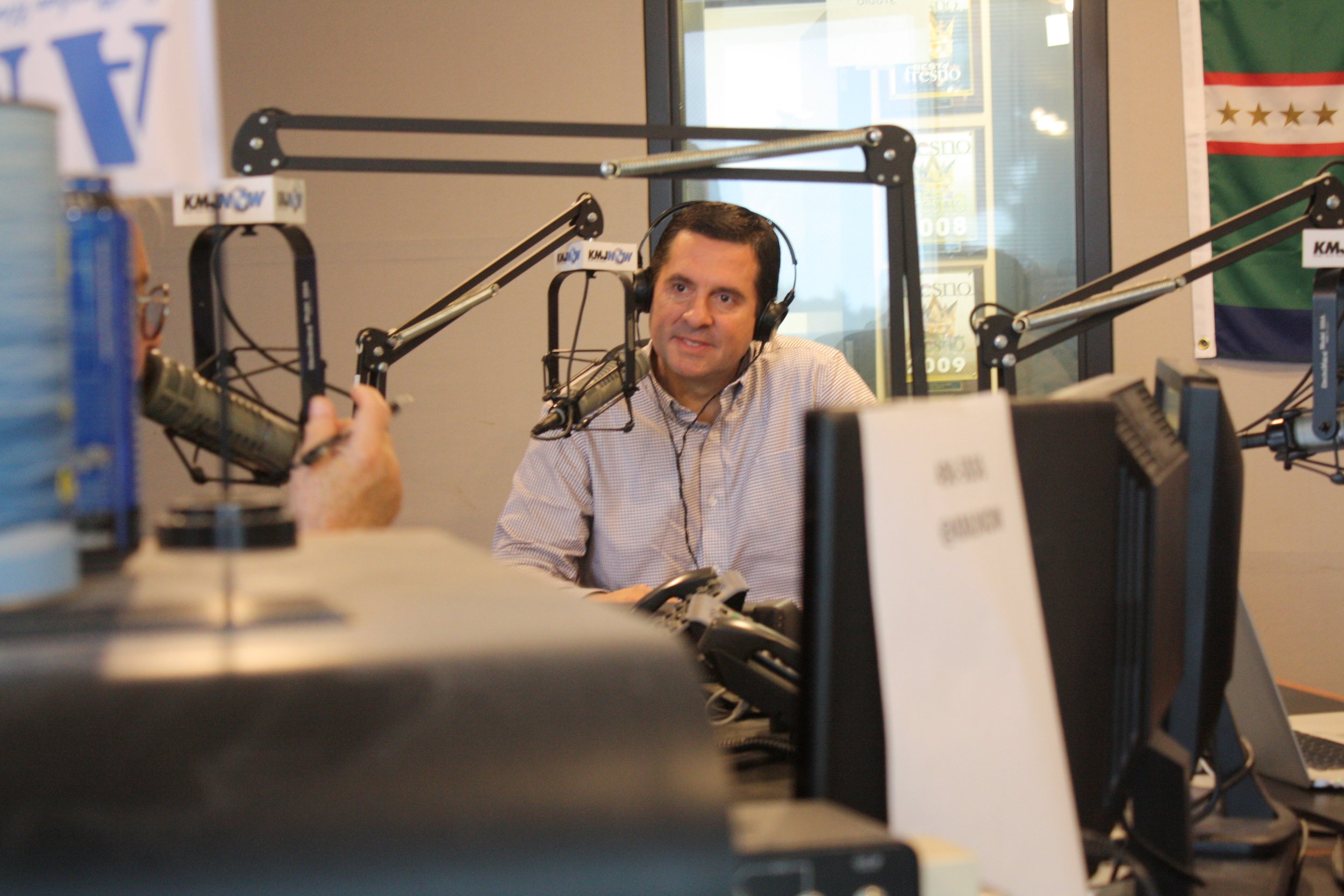

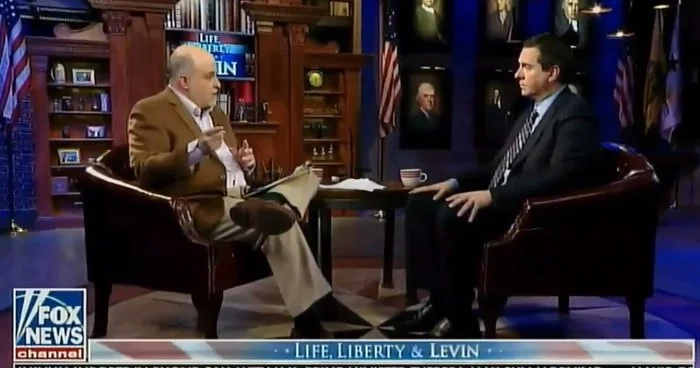
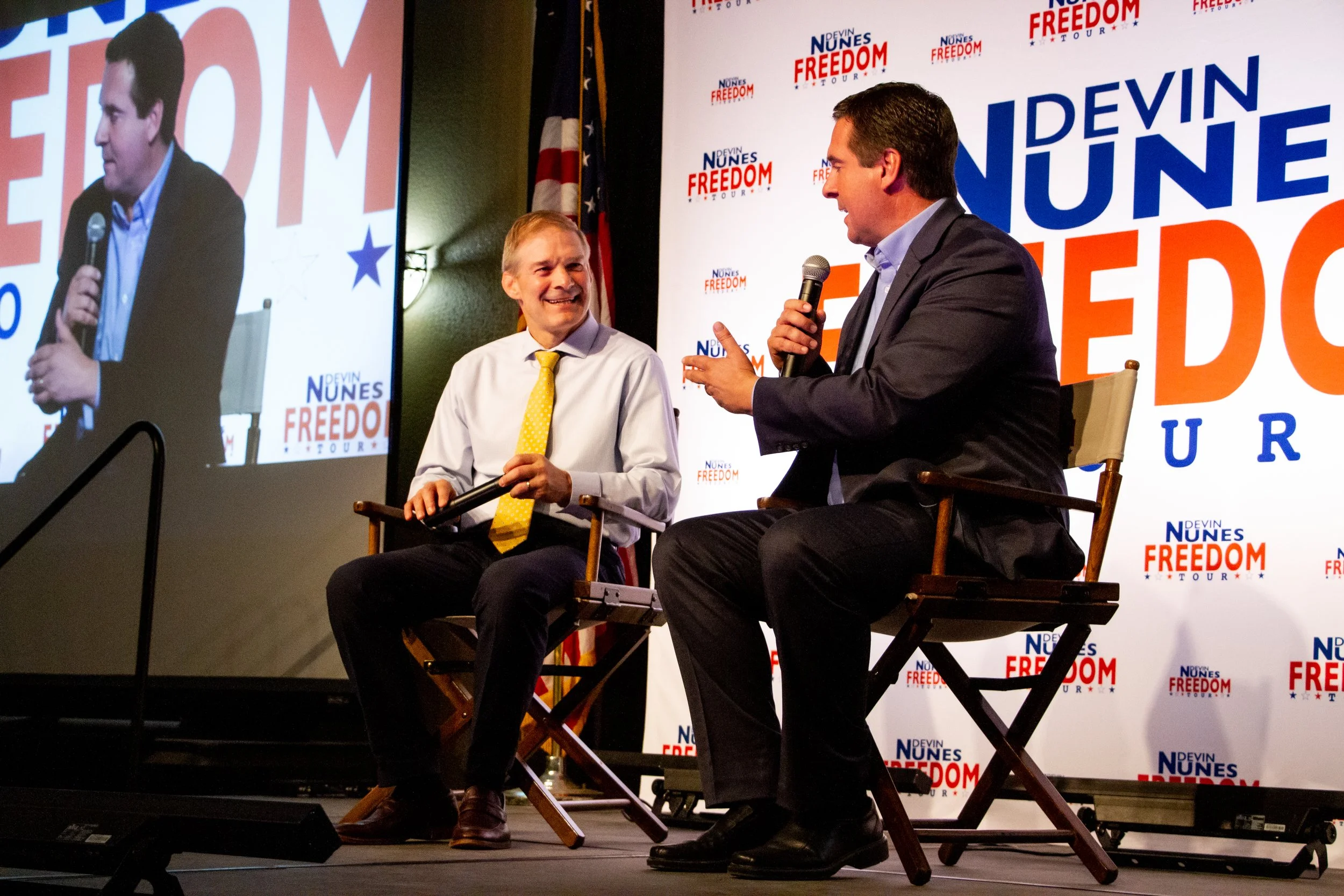
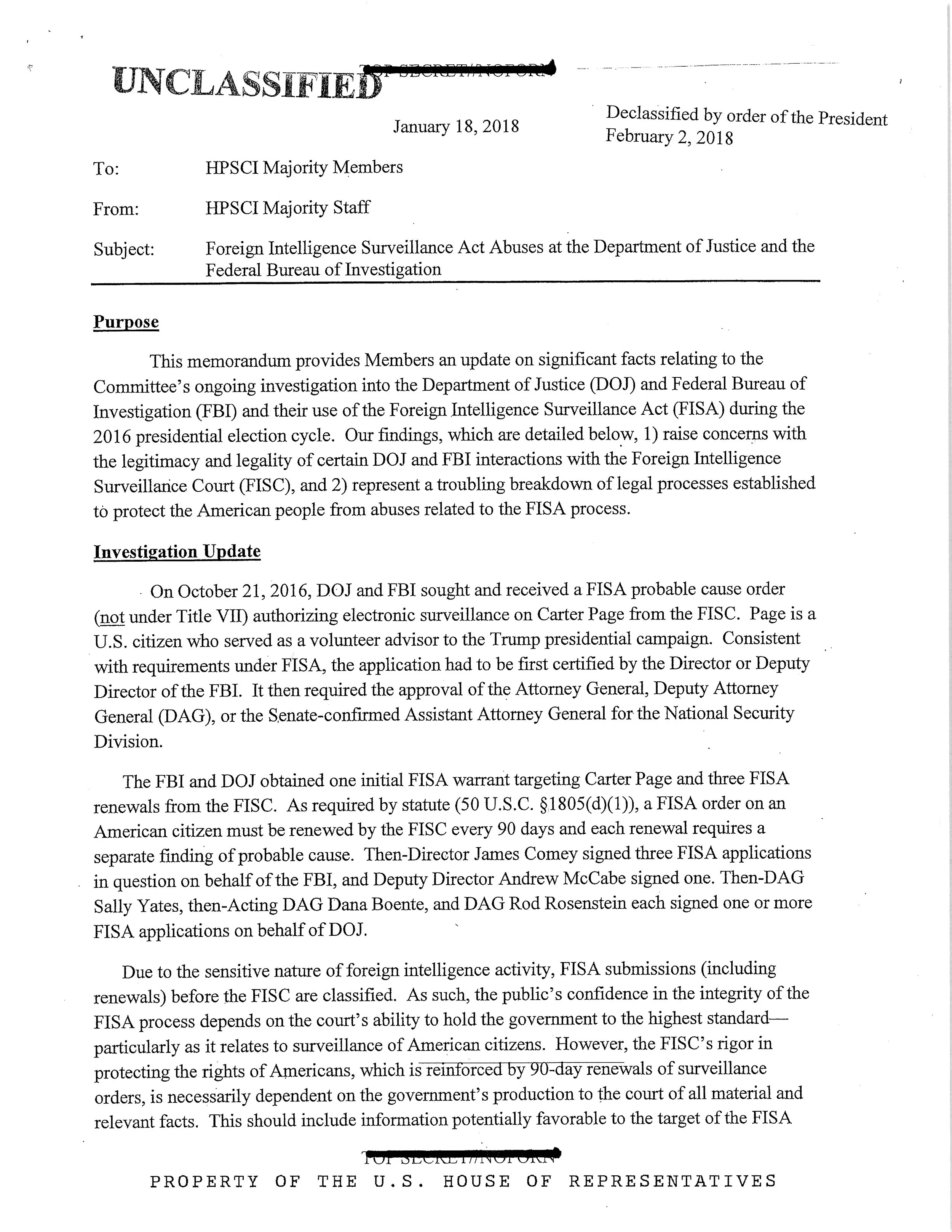
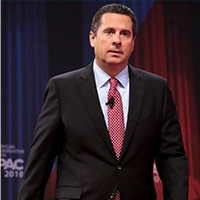
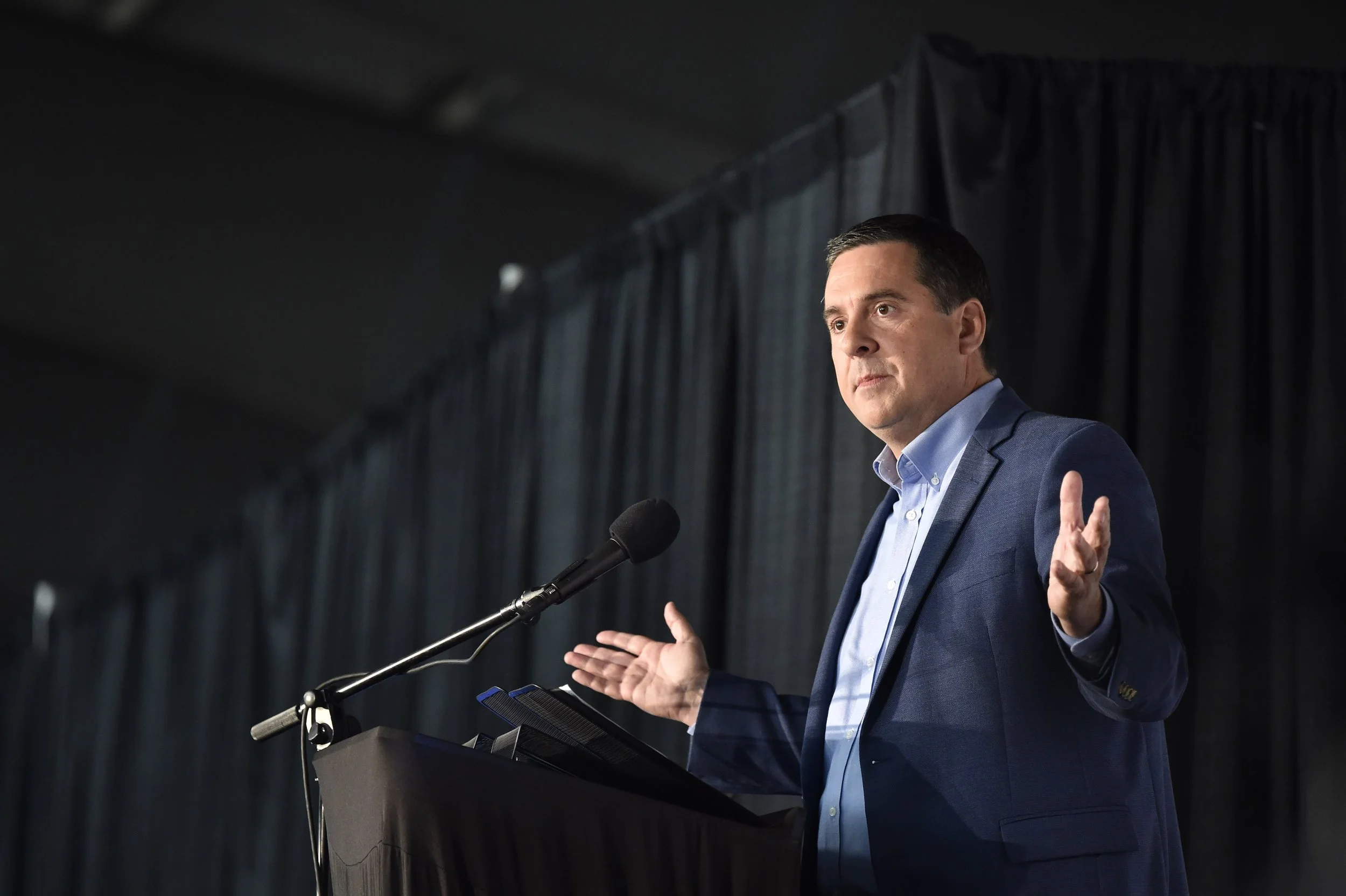
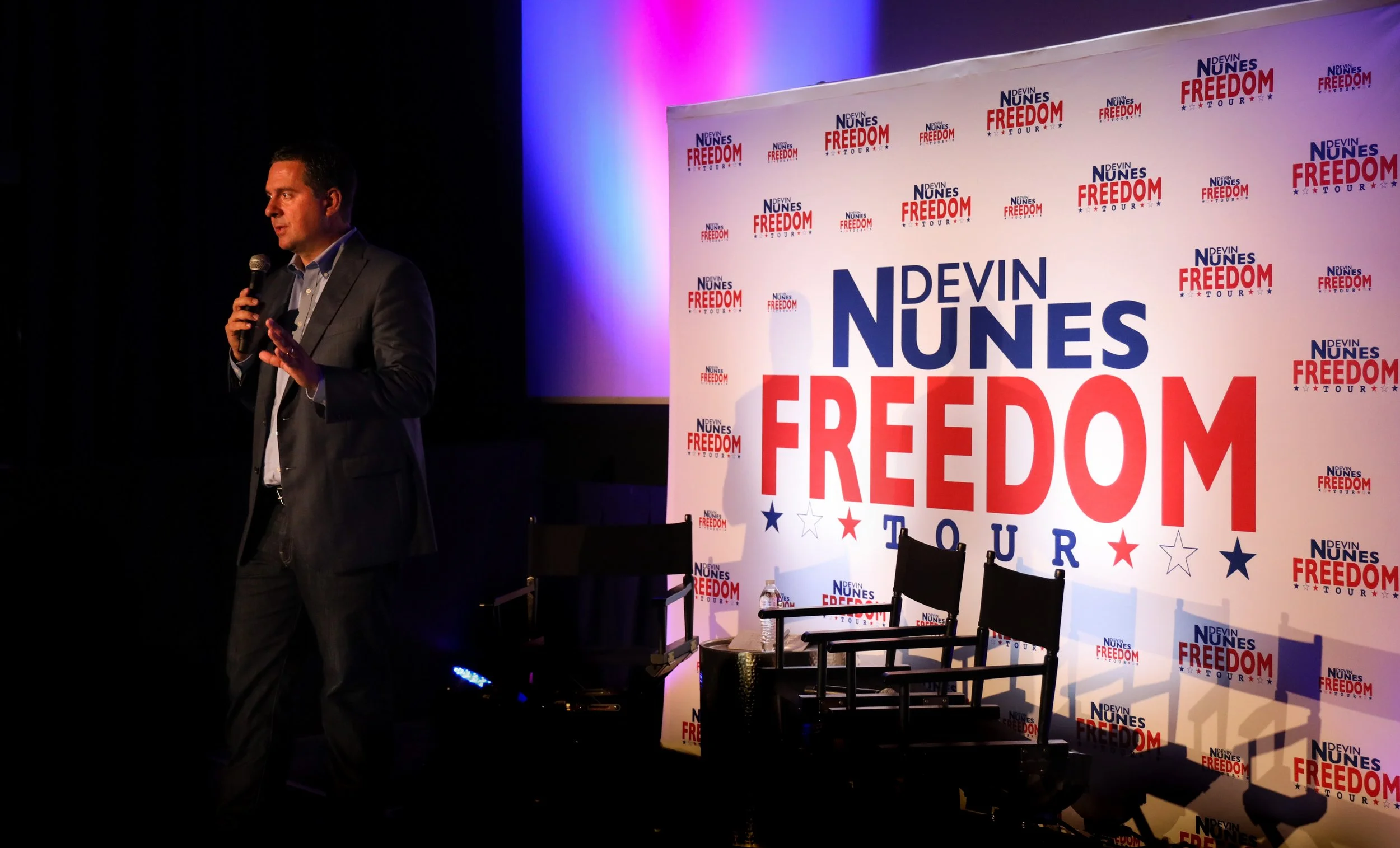
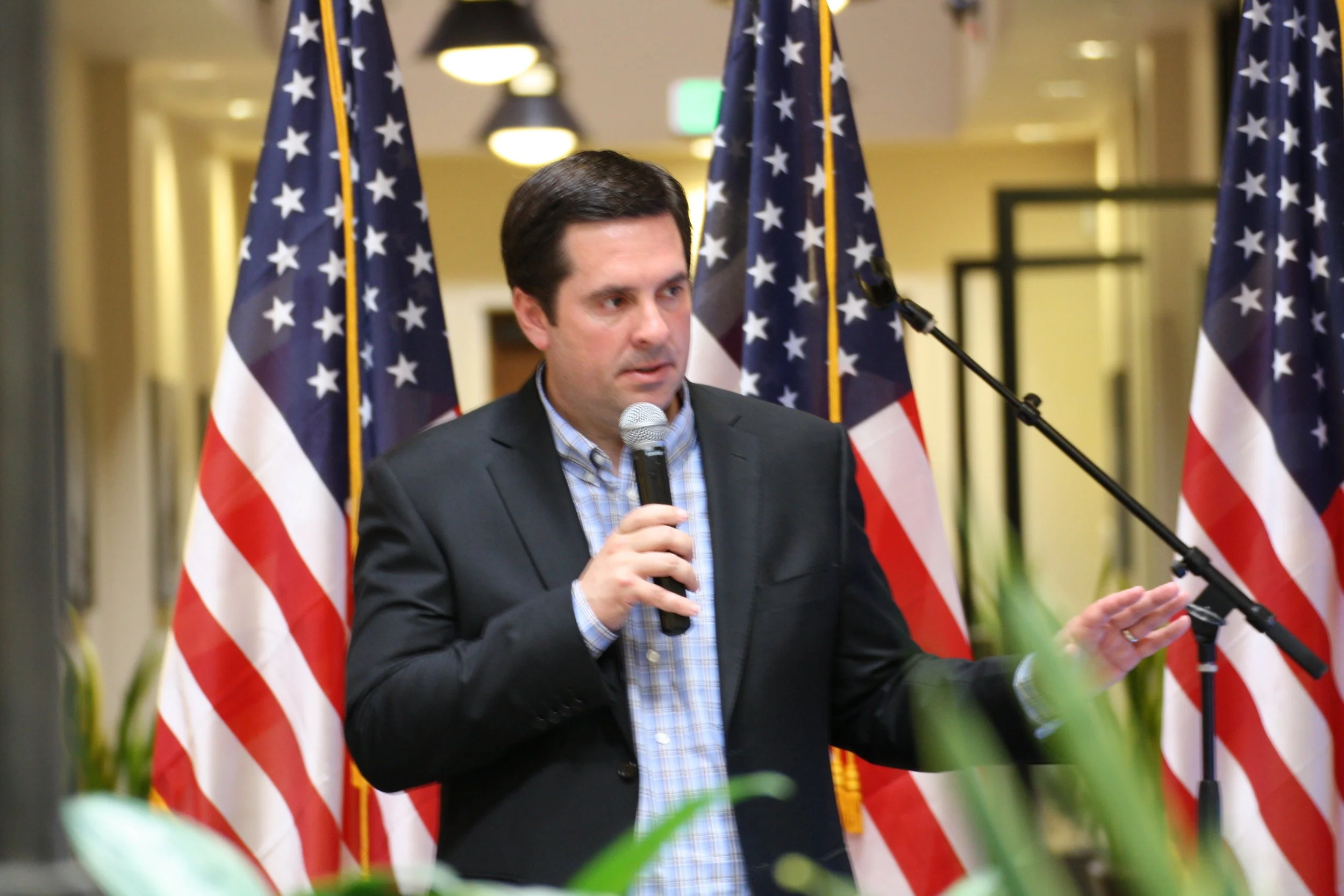
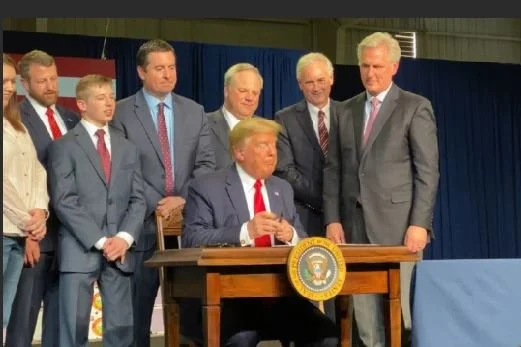
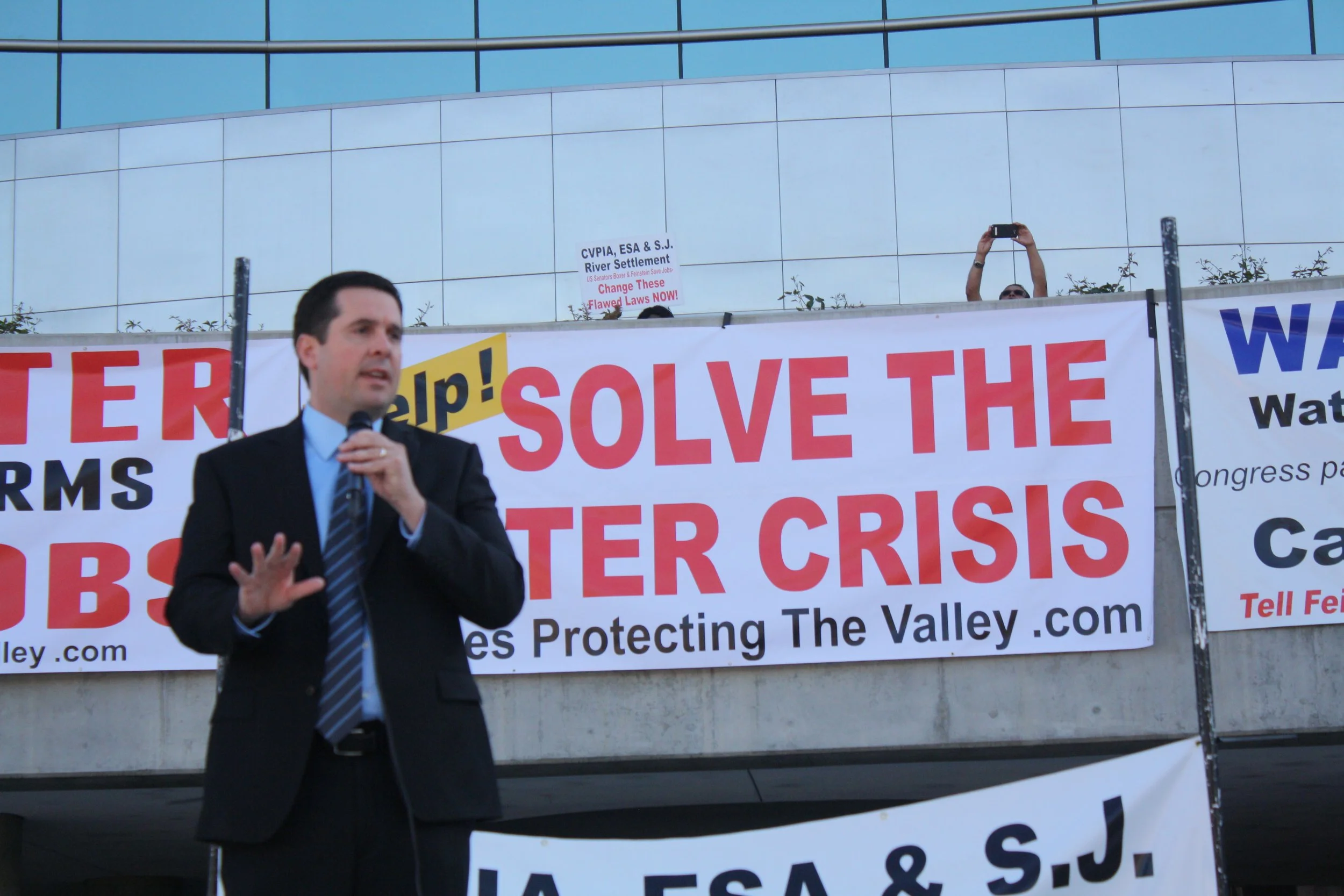
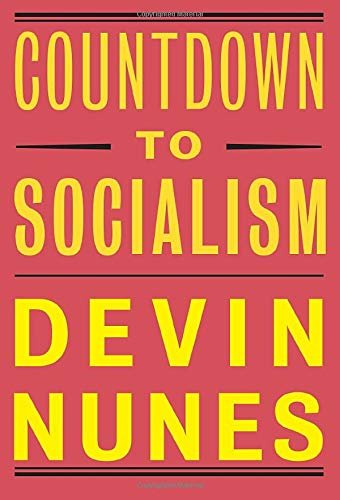
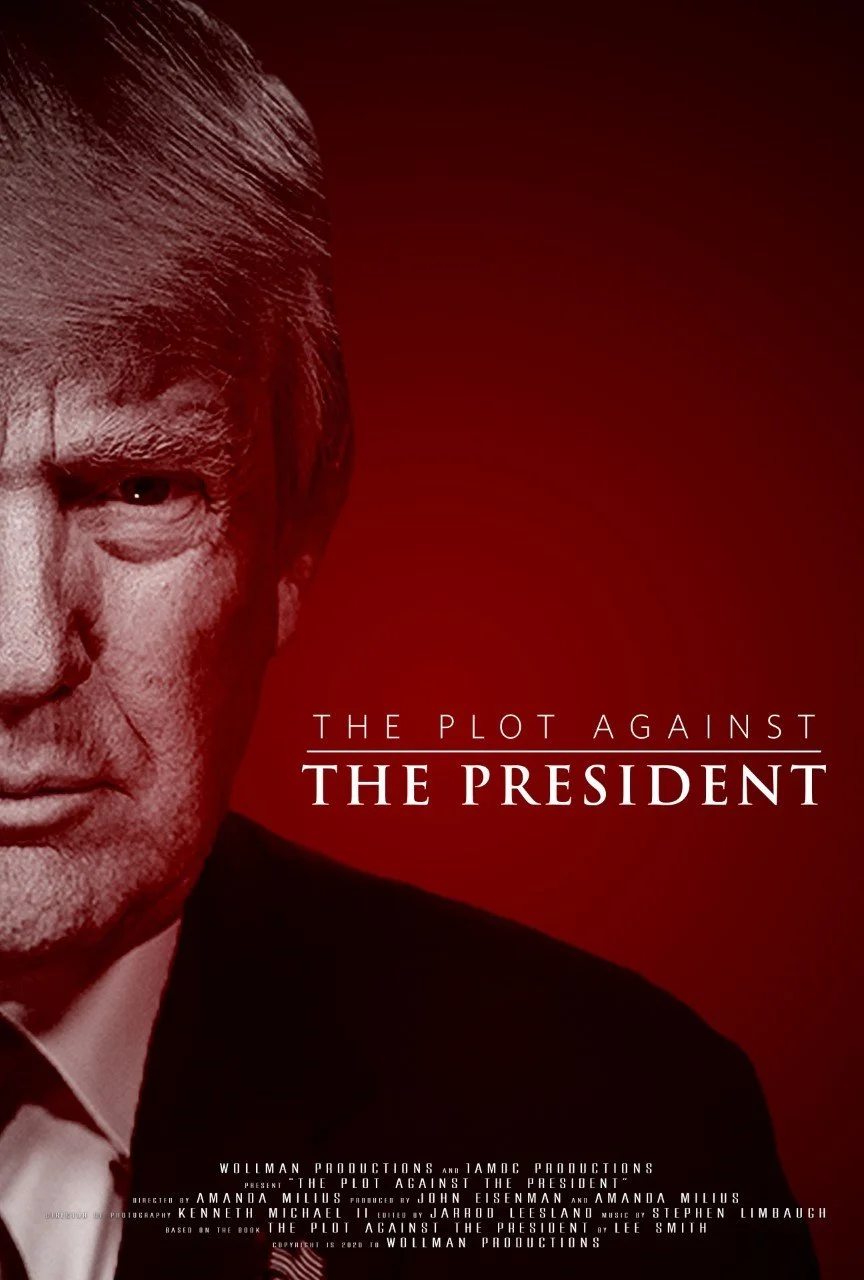
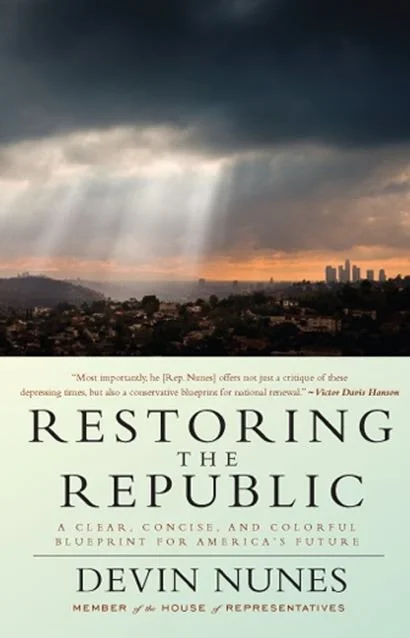
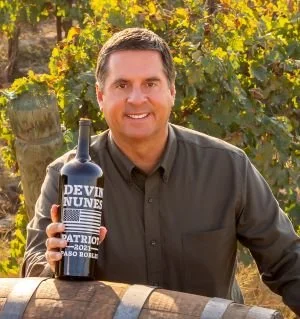

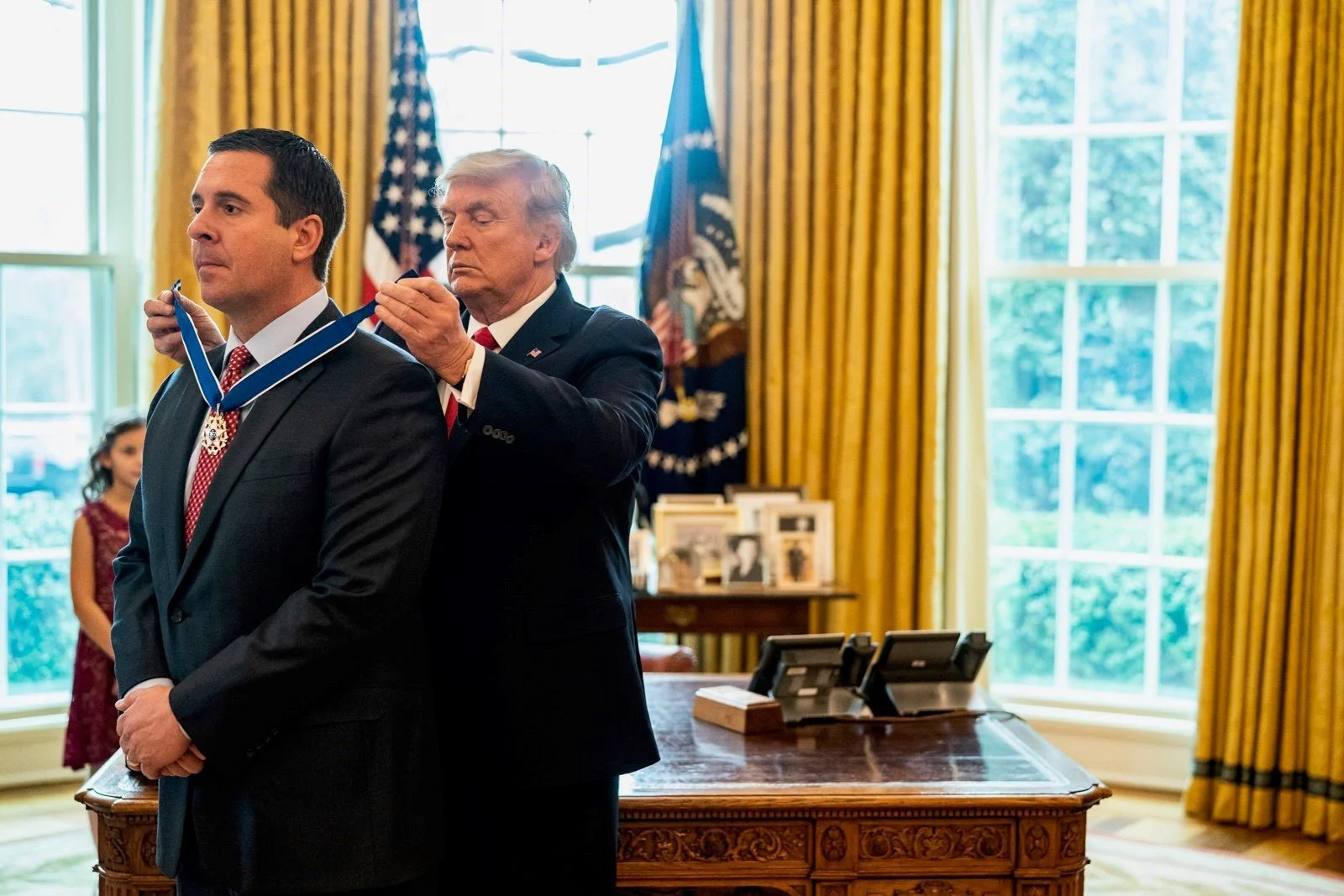
Comments on Nunes
Nunes’ conservative record in Congress, and particularly his work to expose the Russia collusion hoax and associated abuses within the Intelligence Community, have garnered praise from conservative commentators and activists.
Rush Limbaugh : “This report [the December 2019 Inspector General report on FISA abuse] verifies everything Devin Nunes uncovered about the FISA court, about the FISA warrant application process, everything Devin Nunes uncovered about the FBI using informants like Stefan Halper to try to corrupt and create contact with Russia from inside the Trump campaign. Devin Nunes has been validated in pretty much everything he claimed to have found and documented.”
Mark Levin, radio talk show host: “Rep. Nunes’s dedication to the truth is how we know the [Democratic National Committee] was involved with the dirty FBI dossier on Trump.”
Sean Hannity, Fox News talk show host: “What you did is to help this democratic republic survive. I actually worry about this abuse of power. I worry about a corrupt media. . . . Thank you for all you’ve done, Mr. Chairman.”
Dan Bongino, radio and Fox News talk show host: “You put your butt on the line to expose what I believe – and I think you’d concur – is probably the biggest political scandal of our time. And, you know, TIME had this Person of the Year. . . . I said, ‘No, no, this is serious, let’s make Congressman Nunes our Person of the Year.’”
Kim Strassel, Wall Street Journal columnist: “Mr. Nunes has been feeling even more heat in Washington, where as chairman of the House Select Committee on Intelligence he has labored to unearth the truth about the Federal Bureau of Investigation’s activities during and after the 2016 presidential campaign. Thanks in large part to his work, we now know that the FBI used informants against Donald Trump’s campaign, that it obtained surveillance warrants based on opposition research conducted for Hillary Clinton’s campaign, and that after the election Obama administration officials ‘unmasked’ and monitored the incoming team.”
Paulo Portas, former Deputy Prime Minister of Portugal: “[Devin Nunes is] one of the eight most influential statesmen [in America].”
Byron York, chief political correspondent for the Washington Examiner: “Devin Nunes vindicated – again. . . . Just as with the dossier, he was right to point out unmasking. And as always, he's prepared to be denounced again.”
Mollie Hemingway, senior editor at the Federalist: “At a time when anybody in D.C. who fought the Russia collusion hoax was hammered and attacked, Nunes went out and pushed for the truth. He did it willingly and refused to quit. He also refused to give in to his many attackers, despite their relentless barrage.”
Victor Davis Hanson, author and classicist at Stanford University: “The mainstream media has caricatured Nunes’ bulldog bluntness in going public as naive and partisan, and they have predicted his demise as a committee chairman amid a climate of hysteria. Instead, Nunes seems unconcerned and plows straight ahead — in the fashion of dairy farmers from the Central Valley of California.”
Chris Buskirk, editor and publisher of American Greatness: “So, when you hear stories about people who stood up for the truth in the face of a braying mob, know that it’s not just something that happens in fiction or in long-ago history. Remember that Devin Nunes stood in the breech and that he deserves the praise of a grateful nation. . . . And thank God for Devin Nunes: patriot, hero, defender of the republic.”
Wall Street Journal op-ed board: “Americans first learned about the FBI’s abuse of the FISA process in a February 2018 memo from then House Intelligence Chair Devin Nunes. . . . but Mr. Schiff and Democrats called the Nunes memo false and weeks later released a rival summary of the classified FISA evidence. Now the IG has settled the debate by confirming the details in the Nunes memo and exposing Mr. Schiff’s untruths.”
Fred Barnes, former executive editor of the Weekly Standard: “But here’s why we should be grateful to Nunes and wise members of the intelligence committee like Chris Stewart from Salt Lake City. We wouldn’t know these things if they hadn’t dug them up. (1) Hillary and the DNC paid for the still-unverified Steele dossier from his Russian sources. (2) The Steele dossier was largely responsible for approval of the Page wiretap. Well worth knowing, don’t you think?”
Ric Grenell, former Acting Director of National Intelligence: “Devin Nunes was the hero in the forest. He was alone, he was mocked, he was attacked.”
Maria Bartiromo, Fox News and Fox Business talk show host: “You need to be taking a victory lap. I know better than anybody, because we did this every Sunday on my Sunday Morning Futures program on Fox News, how you came out for two years and said, ‘Maria, this is not true, this is a lie, this is what really happened.’ And you educated our viewers, so thank you for that.”
Kevin McCarthy, Minority Leader of the U.S. House of Representatives: “The person who’s vindicated in all this is Devin Nunes. . . . From the very beginning he came forward, and what they do, they went after him so strong to get him — tried to remove him from that committee. Devin was right on his report from the very beginning.”
Rick Manning, President of Americans for Limited Government: “Devin Nunes continues to be perhaps the most influential lawmaker in the fight against abuses by the nation’s intelligence community and Justice Department. . . . Nunes’ unwavering pursuit of the truth no matter the powerful opposition he faces is a true profile in courage.”
Newt Gingrich, former Speaker of the U.S. House of Representatives: “[Nunes is] doing so many different things for the country and [is] such an amazing leader.”